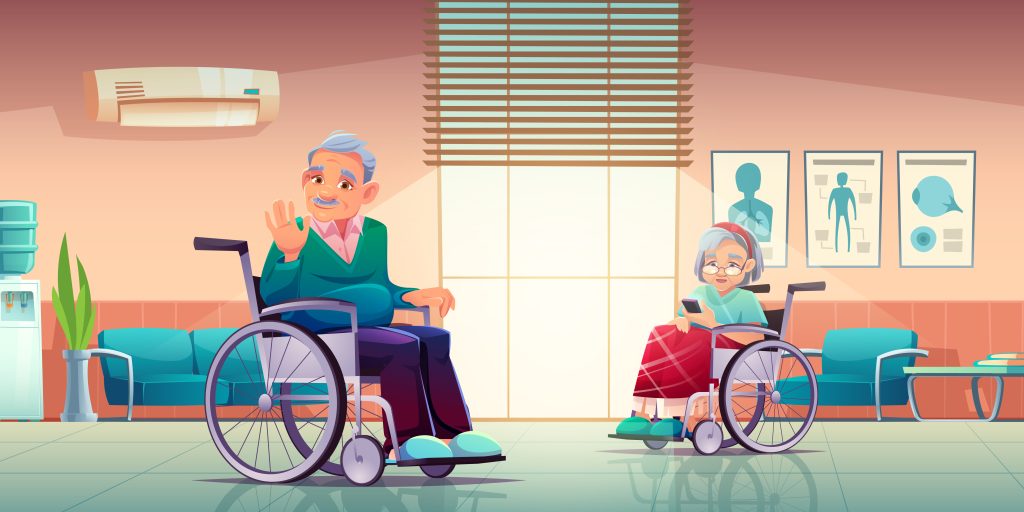It’s a crucial decision to opt for a women shelter home, especially a women’s shelter or a safe house program. It’s mandatory to talk with an advocate about the situation in accordance with. If the program doesn’t have room or is not relevant to the situation, then the advocate tries to find another safe place. Hence, anyone going through the process has strong decision power in their hands.
Basically, shelter homes or safe houses were initiated for victims/survivors of domestic violence, rape, and sexual assault and their children. Any individual going through these conditions needs a counselor first. Who then makes a way out for the victim to gain advocacy services to find an appropriate shelter? In the case of any child, the advocates work out to find shelter for women and children together.
If you or someone you know needs help, many organizations and professionals are available to provide counsel and support. The first steps are to see a doctor with any physical injuries and report a crime to law enforcement officers. SHCC provides victim advocacy services to help you navigate the system or find shelter. The services of homeless shelters are also on offer.
What To Expect If You Go To A Women’s Shelter
You may find diversity in every safe house program. Here are some of the following services you may expect in a women’s shelter:

Safe and Private Location
The best part about shelters and safe housing programs is that they are located in an anonymous place. The topmost priority of the shelter’s house is to keep it secret in accordance with the individual’s safety.
No Charging Fees
All shelters and safe house programs are free, which makes it convenient for any helpless person to join.
Transportation
You may find various programs providing transportation to a shelter or a safe house program. Many of them offer bus tokens and even transportation for appointments.
Extra Safety For Women and Children
Advocates understand the impact of violence on women and children. They will be able to work along with both for offering support, information, and parental resources. Domestic violence is noted in child abuse reports.
Self-Provided Childcare
Easy for individuals to watch and take care of their own children all time. Hence, childcare would be provided during various groups and other activities.
Help To Find A Safe Place For Pets
Most shelters don’t allow pets. Hence, shelters work on finding a place for pets to be taken care of. Where all the knowledge of pet protection is enlightened upon individuals.
Confidentiality
All shelter homes have a strong emphasis on keeping an individual’s information private. The information isn’t shared with any of the agencies without written permission. Also, a non-discussion policy is permitted for not discussing other peers’ names and their conditions in accordance with the safety service of victims.
Food, Clothing, and Toilets
Basic necessities like food, clothing, and toiletries are provided for the whole family without any cost.
Sleeping Arrangements
Sharing of common areas or even bedrooms happens upon the situation. Most shelters have shared kitchens, common living areas, bathrooms, and laundry facilities.
Visitors
Most shelter houses do not allow visitors. But have access to meet your family and friends.

